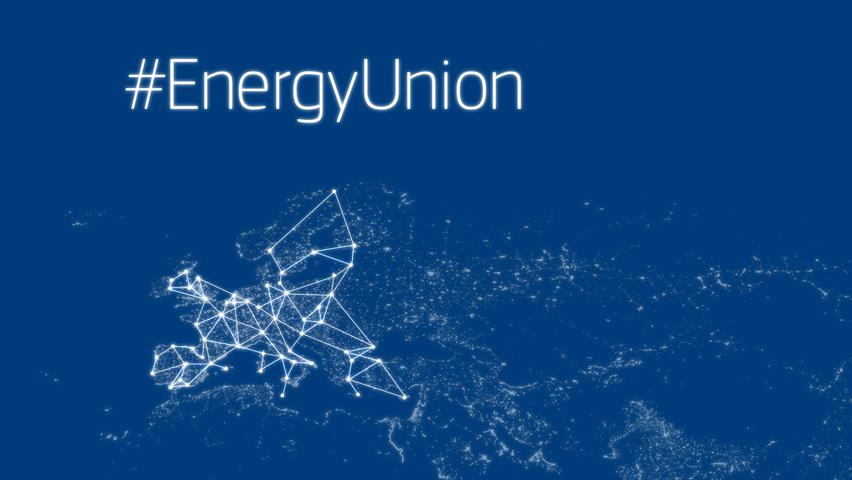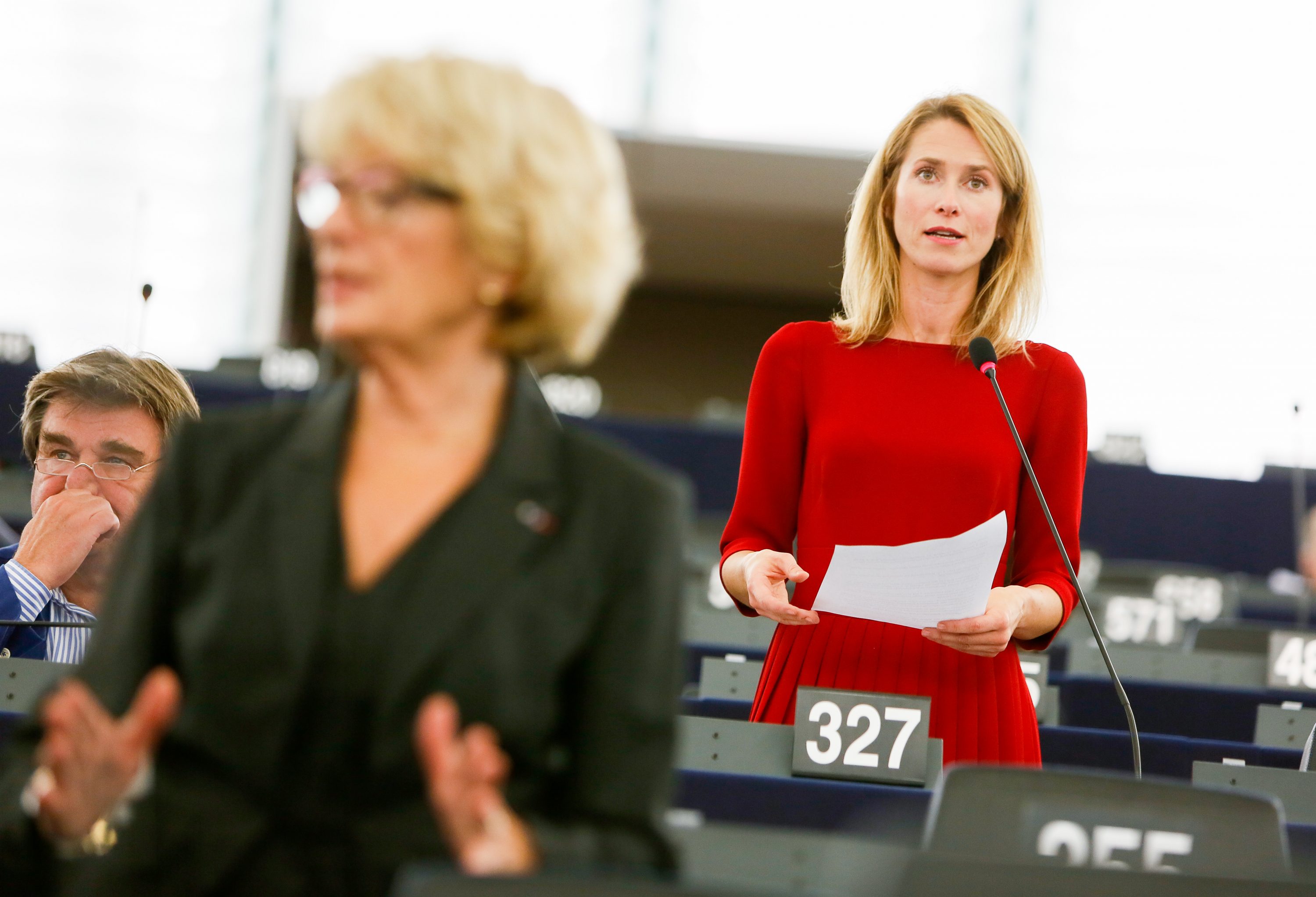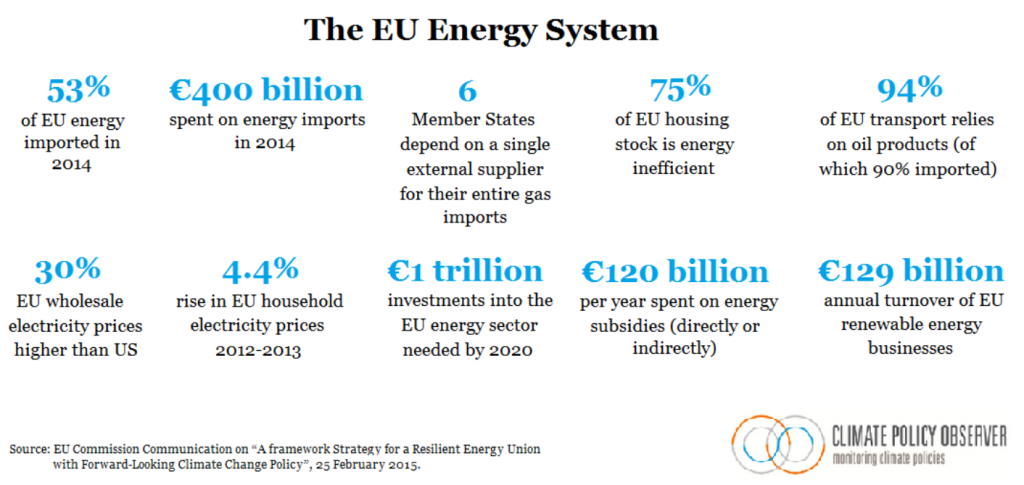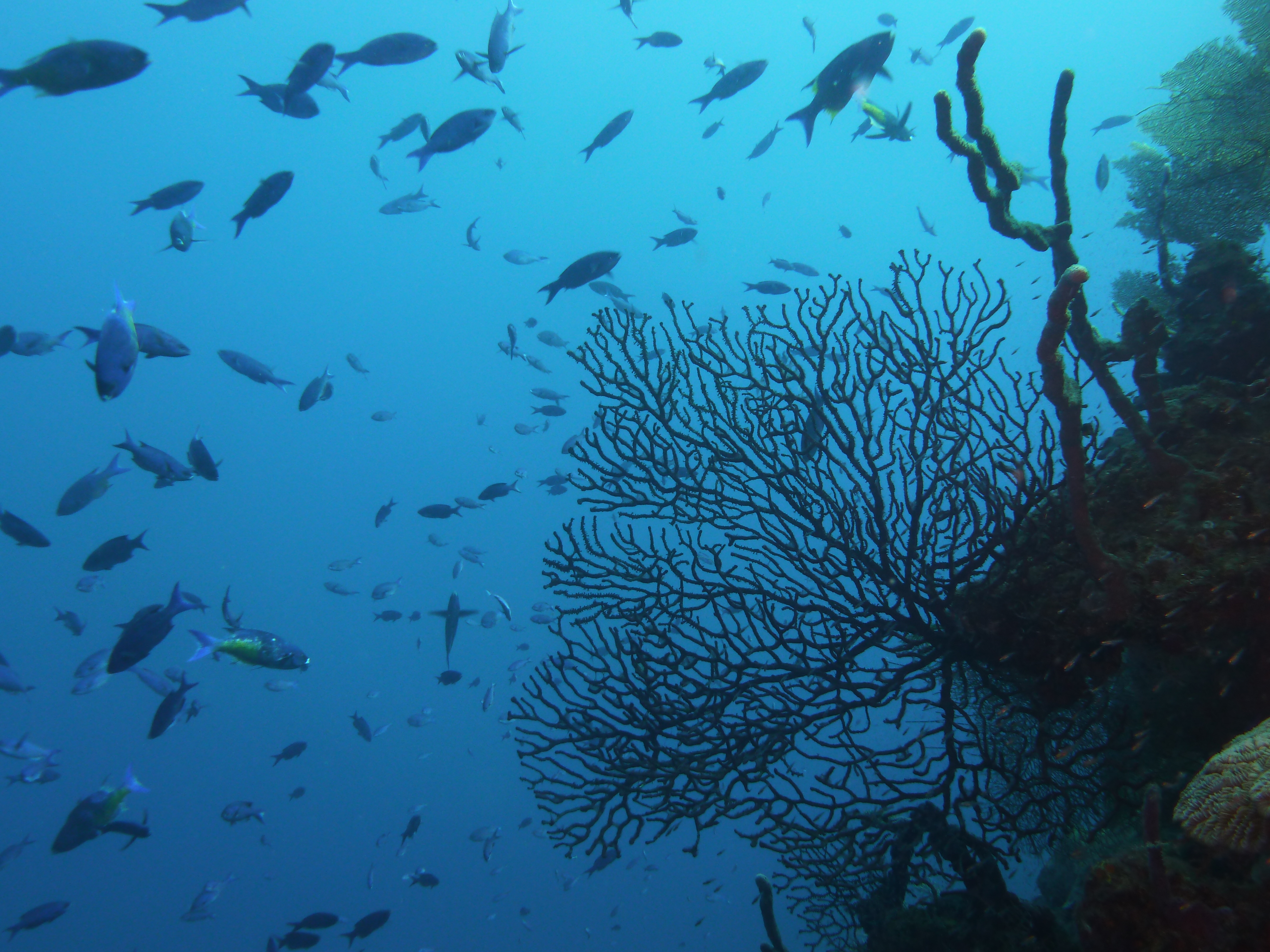What happened to the Energy Union?
One of the major topics that the European Parliament is dealing with is the Energy Union. It seems strange that the issue is still on the table, given the very idea of creating the European Union came from the European Atomic Energy Community. A little recap: the Euratom (European Atomic Energy Community) treaty came into force in 1958 (signed in Rome in 1957) together with the European Economic Community Treaty. Its main goal was a peaceful use of atomic energy and joint coordination in the Member States. The objectives of the European Economic Community were more cross-cutting – removal of restrictions on trade between the Member States, creation of the single market and the customs union.
Despite the fact that more than fifty years have passed since the Euratom Treaty, the European Energy Union is still not functioning. Why is that, and what could be done to succeed this time?
In the photo: Plenary session week 43 2016 in Strasbourg Union legal framework for customs Infringements and sanctions. Photo Credit: climateobserver.org
Energy security
One of the main reasons might relate to the way in which energy security has been addressed so far. There is a common position that to ensure its energy security, a country must be ready to cover 100 percent of its energy needs at all times. It feels safer to have your energy production in your own back yard rather than deliver it from neighboring countries. However, looking at Europe, we can see that Member States have different strengths in terms of energy sources that could very well complement each other. Moving from country-based security of supply to European security of supply is in the interest of all, because history has shown that we are the most vulnerable when we’re acting alone.
In order to be able to consume energy across borders, Member States should significantly increase their investments in interconnections. Existing connectors are usually built for situations where there is very high consumption and production is lagging behind, but not for trade, where large-scale producers could buy their energy from other Member States’ power plants. Investment in energy interconnections is generally extremely costly and time-intensive and national governments find it too difficult to explain such spending to their voters.
On the other hand the need for interconnections is already obvious. For example, last Christmas in Belgium there was a serious fear that people will lose their electricity and heat supply because a number of power plants were knocked out. At the same time, in the Netherlands, just three kilometers from the Belgian border, a power plant was shut down due to surplus production of power! Only 13 kilometers of high-voltage lines are needed to connect these networks. Technically, it is possible, but the problem lies in the mandate of public authorities.
Related article: FUELING THE CLEAN ENERGY MARKET: GLOBAL GOALS NEED GLOBAL SOLUTIONS
Inevitably, Member States tend to set limits on the market to fit their business outlook. This, however, may not be in the interests of consumers, because prices are higher with protectionism. But in order to make an energy community work, we need somebody who looks at the bigger picture and ensures that the energy union functions equally across the European Union. This role could be given to ACER (Agency for the Cooperation of Energy Regulators) in collaboration with ENTSO-e (European Network of Transmission System Operators), but as said, the Member States don’t want to give away their decision-making rights, and still think that decisions made alone are better.
When discussing energy security, the issue of Russia and other third countries usually comes up.
The fact that the EU does not negotiate its energy deals as a whole, but each Member State individually tries to get better conditions for themselves only spurs on Russia, who wants to split the European Union in every way possible and have the member states play against each other.
We have already seen the European Commission’s decision concerning Gazprom, which found that Gazprom is exploiting this situation and as a consequence many Member States paid more for gas than they needed to. The Commission’s position was that Gazprom is in breach of the European Union’s competition rules by imposing barriers to trade between certain EU countries, hampering the movement of gas and thus taking advantage of its dominant position. There are now also serious concerns around the Nord Stream II pipeline, which would also give Gazprom increased market access in Europe. It is quite difficult to see how granting such access fits with our goals of an Energy Union, and in particular energy security, but as said, some Member States prefer to focus on their internal needs and production.
The only way for the European Union to move forward here is to speak out as one voice. This would require member states to focus on regional cooperation, diversifying their energy sources and suppliers.
Energy Market Design
As part of the Energy Union, the European Parliament is now also working on a number of proposals concerning electricity market design. The porposal’s main goals are a flexible market, decarbonisation and innovation, and it focuses a lot on how to make the market fit for a growing share of renewables. This package will shape European energy policy for the decade to come if not even longer, so it requires quite a bit of forward thinking.
The electricity market is still the fourth lowest ranked services market according to the Consumer scoreboard. So again, this shows quite clearly that protecting national energy production, and sticking to rigid centralised energy systems is not the right answer. We are now moving away from generation in large central power plants towards decentralised production, with renewables and innovative technology at the core
Therefore, we need to bring technology and utilities together, and enable real time data flows and data sharing within energy markets to build a competitive and innovative energy market. Smart grids and smart meters are key pieces of the puzzle when talking about the future of energy, but also the future of Europe in the digital revolution.
 In the photo: Facts and figures on the EU Energy system in 2015. Photo Credit: climateobserver.org
In the photo: Facts and figures on the EU Energy system in 2015. Photo Credit: climateobserver.org
Digital solutions
In addition to building physical connections, the energy union should be operational in real life. This means that citizens should be empowered to act as a market players and not just as passive consumers. This could happen by making them more knowledgeable and giving them more choice.
Informed consumers care about saving money, but also about protecting the environment and ensuring energy security. Currently, many countries are in a situation where consumers cannot choose between different suppliers, because they are unknowingly stuck with large producers, and switching is difficult. Also, they do not have enough information to make informed choices. Neither is such information available across countries, which prevents the energy market from functioning as it should. In today’s world digital solutions provide us with excellent opportunities to obtain information and make informed choices regarding what kind of energy sources, from which country, and which manufacturer a consumer wishes to use.
All network operators actually do have this information, and sharing or disclosing it should not be difficult if there is political will. The solutions are already here – the transmission system operator Elering in Estonia has created a data hub, from which the relevant information can be obtained. Anyone can log in with their personal account and have all the information about their consumption in a readable format. In addition, this data can serve as the basis of many innovative services and business models that could empower consumers even further.
Of course, implementing digital solutions often raises the questions of cybersecurity. If data hubs and energy centers were attacked, this could create chaos. According to Maslow’s pyramid of basic needs, we are very much dependent on energy and electricity, so we have to think about such things and make the systems strong to survive against attacks.
The Energy Union requires further development and the full commitment of Member States. Alone, none of us is strong or able to negotiate the best terms with third countries. Without well-performing networks, consumers will suffer by paying way more for energy than they would in a functioning competition situation. Of course, the energy union requires high investments, but considering that energy demand is one of our basic needs then these investments will ultimately cost us less now than the lack of energy would in the future.




 In the photo: Facts and figures on the EU Energy system in 2015. Photo Credit: climateobserver.org
In the photo: Facts and figures on the EU Energy system in 2015. Photo Credit: climateobserver.org






